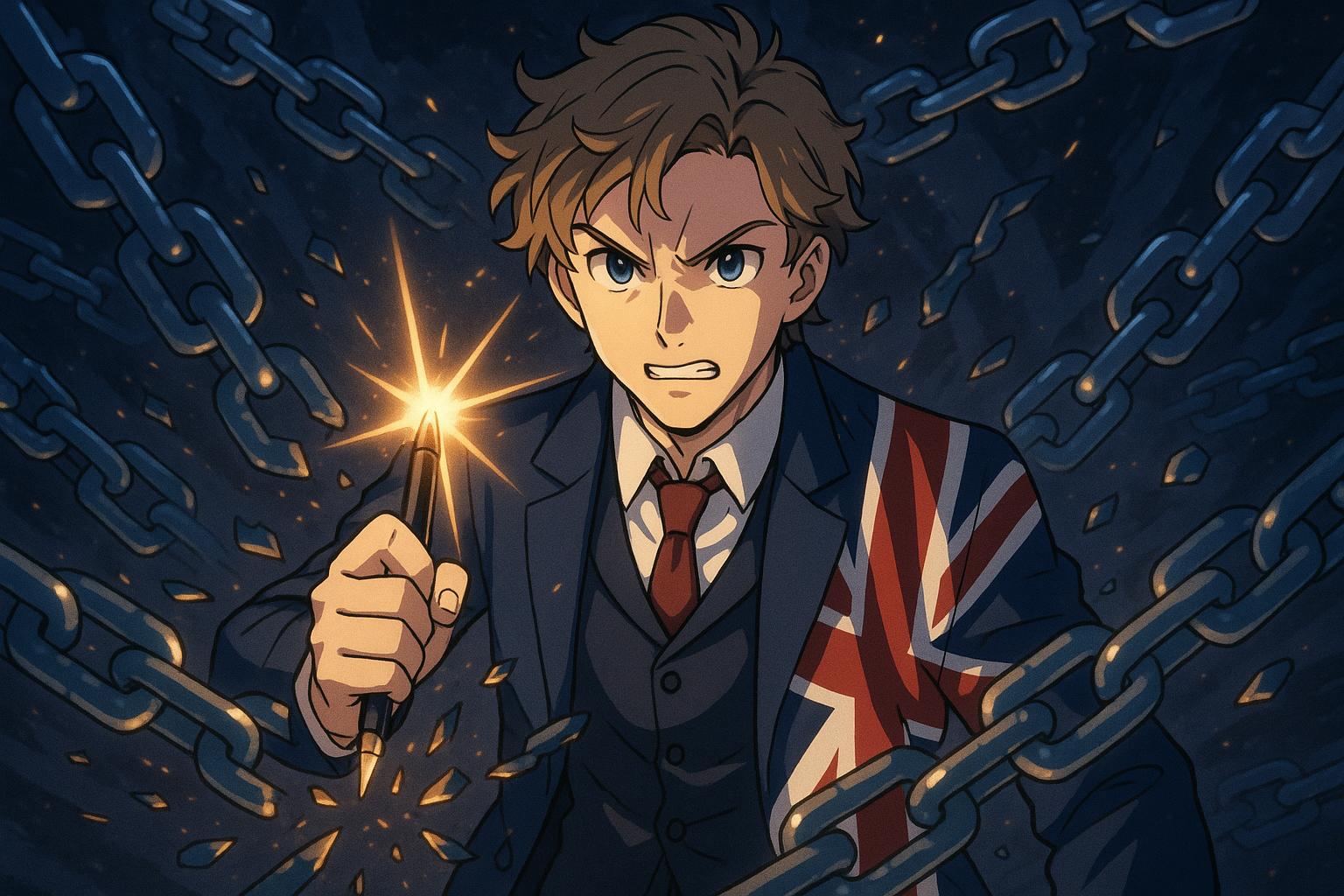Keir Starmer's Labour government now finds itself at a perilous junction regarding the safeguarding of Britain’s intellectual property, especially within the creative sectors. In light of a proposed trade deal that threatens to significantly weaken copyright protections, the artistic community is rightfully alarmed about the impact on their livelihoods and the integrity of their work.
High-profile figures, including Elton John, have expressed their outrage at the government's approach, which many perceive as a dangerous capitulation to corporate giants at the cost of creators. John condemns the government's stance as tantamount to a "criminal offence," contending that permitting tech behemoths to exploit copyright-protected material without adequate compensation fundamentally erodes the very essence of British creativity. This sentiment resonates deeply within the creative community, as artists fear their hard-fought rights may be sacrificed at the altar of technological advancement and overseas investment.
Historically, the UK has prided itself on a robust copyright framework dating back to the early 18th century. Yet, under the pretext of progress and innovation, the Labour government, along with figures such as Technology Secretary Peter Kyle, seems prepared to dismantle this vital heritage—echoing a concerning trend where corporate interests overshadow individual rights.
A particularly troubling aspect of this situation is the proposed UK-US trade agreement, which could grant tech firms like Google, Meta, and Apple unchecked access to British creative works. This reality has sparked nationwide protests, with a united front of musicians, artists, and writers rallying under campaigns like 'Make it Fair.' Over 1,000 musicians even released a silent album titled "Is This What We Want?" as a stark indictment of the government's proposals, underscoring the chilling effect such policies could inflict on the creative sector.
Critics are bolstered by the voices of industry heavyweights like Paul McCartney and Ed Sheeran, both of whom vehemently oppose any relaxation of copyright laws. They warn that such a shift jeopardizes the financial viability of emerging artists and threatens to tarnish the UK's standing as a leader in the creative fields. These esteemed figures are calling for unequivocal clarity and fair remuneration in the use of copyrighted materials by AI technologies, urging the Prime Minister to fortify protections that safeguard British creators.
The urgency of these concerns is amplified by recent turmoil within the US Copyright Office, which has cast doubt on the reliability of copyright protections. A draft report indicated a troubling allowance for using copyrighted materials for AI training in research; however, it cautioned against commercial applications without due consideration of fair use standards. This uncertainty mirrors the wider challenges posed by burgeoning tech influence on copyright laws around the globe.
Government reassurances about engaging with stakeholders have done little to mitigate these fears. Skeptics question the likelihood of any policy that ensures AI development will not unduly harm British artists. Many argue that unless stringent regulations are in place—such as mandates for transparency about the materials utilized in AI training—creators will remain susceptible to exploitation.
As the discussion unfolds, the unwavering resistance from the creative community embodies a unified resolve not only to defend their rights but also to uphold the quintessential spirit of British artistry. The government’s trajectory will undoubtedly dictate the fate of these industries, potentially leading to irreversible shifts if profit continues to eclipse principle. The responsibility now rests with leaders to judiciously navigate these interests, ensuring the UK retains its rightful place as a bastion of creativity amidst an ever-evolving technological landscape.
Source: Noah Wire Services
